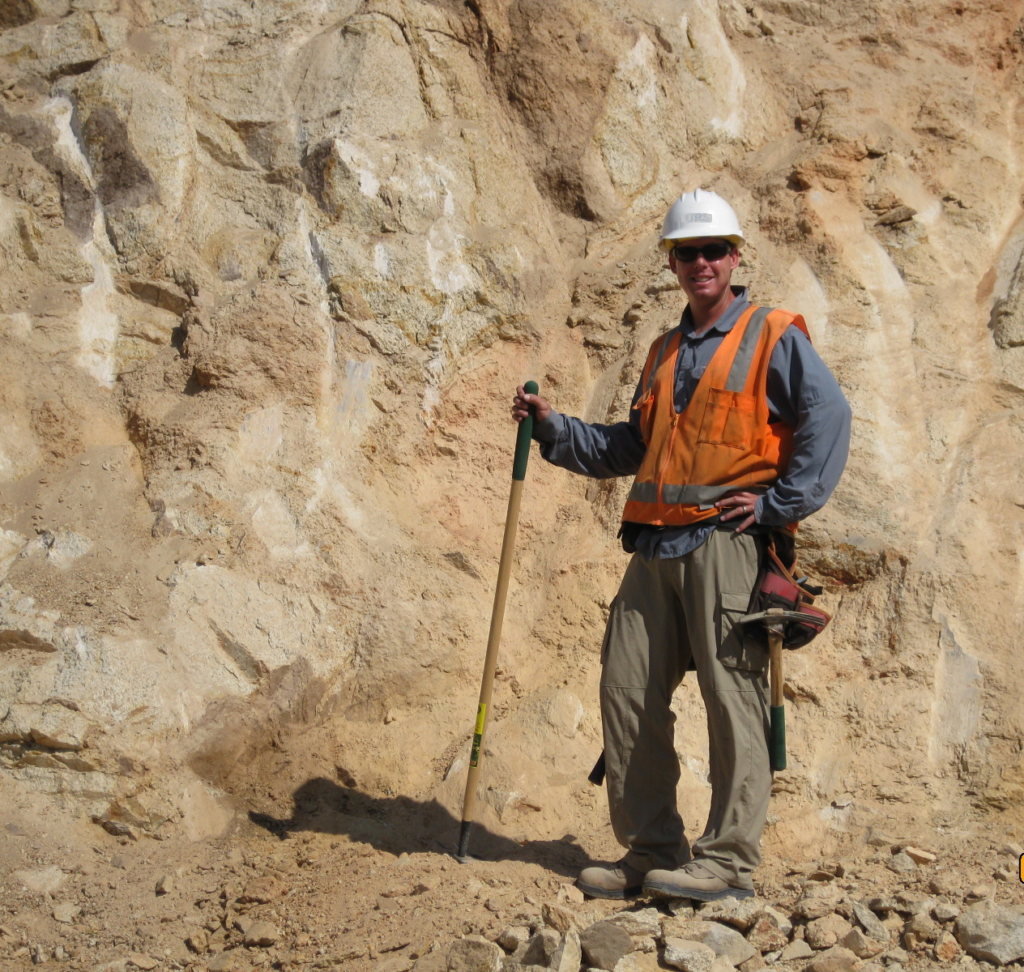What can Registered Professional Geologist Do? (according to Oregon State Board of License Geologist Examiners):
Registered Geologists (RG): Locate, describe and evaluate geologic resources and features on the earth’s surface as well as those below the surface; advise on the extraction of these natural resources; locate, map and interpret data on geological hazards and advise on remedies.
Some projects an RG includes but not limited to:
- Evaluate groundwater resources and how new developments of groundwater will impact other human and ecological uses.
- Understand flowing water systems and participate in stream restoration projects.
- Determine the placement of water wells, evaluate the water quality and capacity of wells.
- Assess direction and movement of groundwater flow and recharge from storm water.
- Map and interpret geologic hazards for land-use planning.
- Mapping faults; trench fault alignments; and evaluate seismic hazards.
- Mapping and investigate gravel, sand, and mineral deposits; assess their economic value; and evaluate their potential for development.
- Assess coastal hazards and advise on the potential for coastal erosion.
- Evaluate slope stability and landslide potential when not involving buildings, roads, dams, retaining walls, etc.
- Make recommendations on the management and disposal of contaminated soil especially during construction projects.
- Characterize and evaluate sites for petroleum and chemical contamination.
- Write a geologic report.
Geologic Report: A written report should meet generally recognized standards for a geologic report; in particular the report should state the purpose and scope of the work done, discuss methodology, present documentation, present interpretations, make recommendations, and state limitations of the report.
Websites:
Oregon State Board of License Geologist Examiners (OSBGE)
OSBGE Resources
Contact Michael Higgins, R.G., C.W.R.E.


